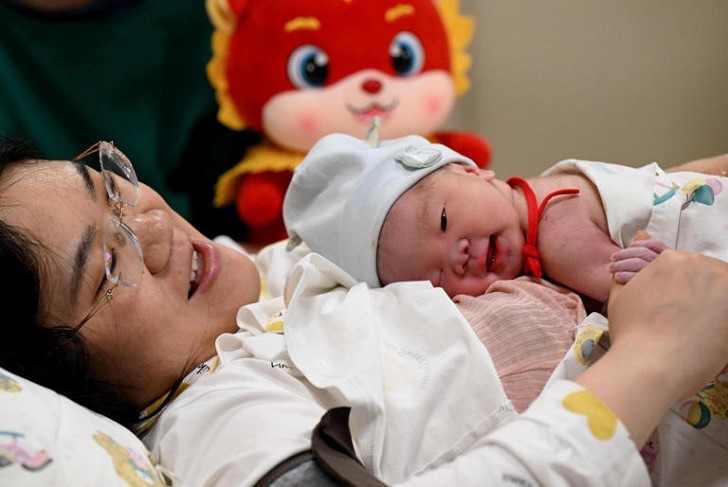The question “Are you pregnant yet?” is becoming more common in China. The government is pressuring women to have children. With a shrinking population, China faces economic challenges. Officials have increased efforts to encourage motherhood, using direct and often uncomfortable methods. Women report feeling pressured as the state closely monitors their family planning decisions.
The Revival of Government Involvement in Fertility Decisions
Historically, China’s government influenced family planning, enforcing the one-child policy. This policy involved harsh fines and forced abortions. Today, the focus has shifted, encouraging families to have more children. As China faces an aging population, the government sees this as an economic necessity.
Officials have begun knocking on doors, asking women about their family planning intentions. Many report being questioned about personal details. These questions reflect the shift from limiting families to promoting larger ones.

Are You Pregnant Yet? The Pressure to Become a Mother
The slogan is a clear signal of the growing pressure women face. The government is collaborating with universities to promote marriage and childbirth. Leaders also stress this message at political gatherings, urging women to have children. This push makes it harder for women to ignore state pressure.
In many cases, officials visit homes to track women’s progress after childbirth. Some are even asked to pose for photographs with their babies for official records. These actions make many women uncomfortable, crossing into personal boundaries.
A Strain on Women’s Real Concerns
While the government focuses on boosting birth rates, many women feel these efforts are disconnected from reality. The cost of raising children is high in urban China, making large families unrealistic for most. Career demands and personal goals further complicate the decision to have children.
Younger women born in the 1990s and 2000s are especially resistant. They have grown up with more freedoms and career opportunities. For them, having children is a personal choice, not a national obligation. The government’s push feels outdated and intrusive to many.
A Cultural Shift in China’s Approach to Childbearing
China is not only trying to increase birth rates. The government also wants to change the culture around family. They promote a “new marriage and childbearing culture.” Once tasked with limiting births, family planning associations are now encouraging families to grow.
In some neighborhoods, officials install artwork showing families with multiple children. The goal is to encourage couples to have children sooner. However, many women feel these efforts ignore real-life concerns. Financial struggles, personal ambitions, and work-life balance often take priority over starting a family.

Health and Government Surveillance
For many women, government involvement begins even before marriage. Officials often monitor couples’ plans after free health screenings. During these appointments, women receive advice on when to have children. Many women later receive calls encouraging them to pick up free prenatal supplements.
This monitoring doesn’t end with marriage. Government websites advise pregnant women to register at community health centers, which are run by local officials and keep track of pregnancies. Some women appreciate the support, but others find it intrusive. The constant check-ins feel like surveillance rather than care.
China’s fertility campaign is more than just slogans. It is an organized effort to influence women’s choices about motherhood. Many women, however, are pushing back against these pressures. Financial realities, personal goals, and changing values make motherhood less of a priority. However, the government’s campaign to reverse the falling birth rate continues aggressively.




